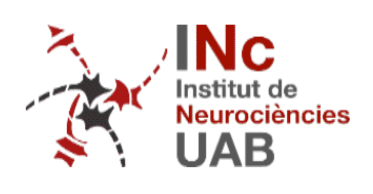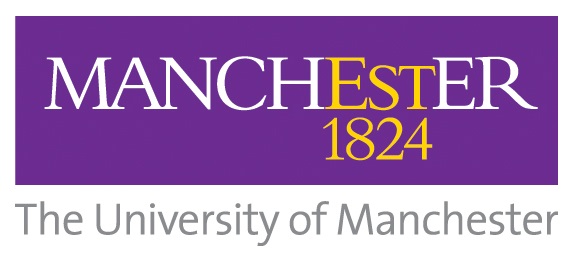Nature Reviews Materials, 2024, 9, 219–222
In vivo biomolecule corona and the transformation of a foe into an ally for nanomedicine
Nanoparticles (NPs) administered in the human body will undergo rapid surface modification upon contact with biological fluids driven by their interfacial interaction with a diverse range of biomolecules. Such spontaneous selfassembly and adsorption of proteins and other biomolecules onto the NP surface constitute what is commonly known as the in vivo protein or biomolecule corona. This surface biotransformation of the NPs modulates their biological interactions and impact on physiological systems and can influence their overall pharmacological profile. Here, we comment on how the initially considered
‘nuisance’ of the in vivo corona formation can now be considered a nanoparticle engineering tool for biomedical use, such as in endogenous tissue targeting, personalized biomarker discovery and immunomodulation.








